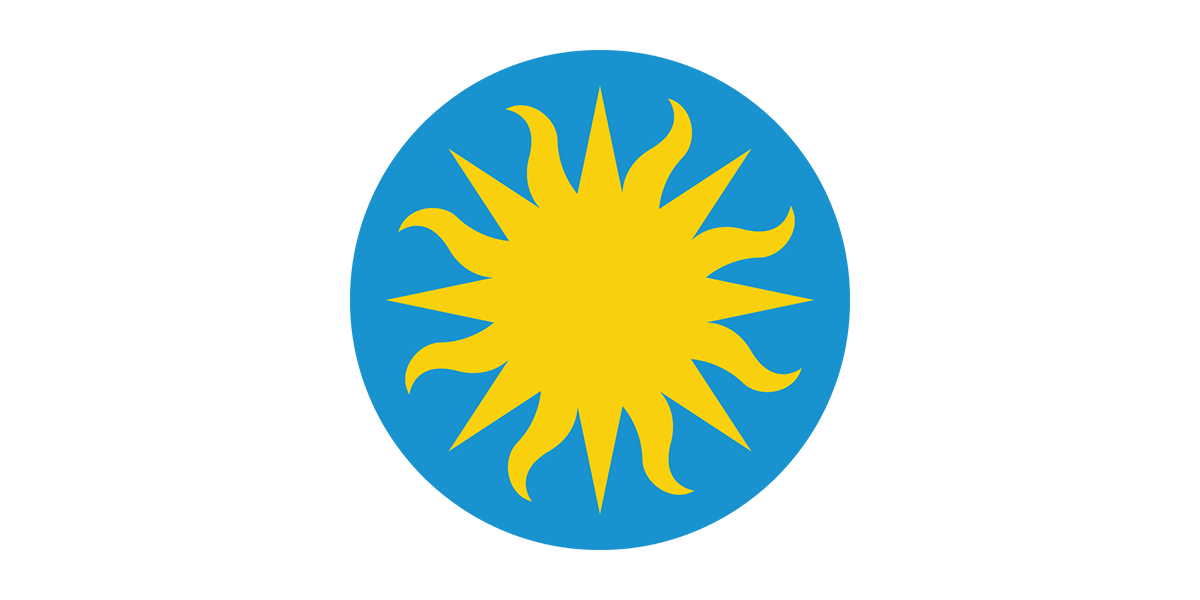Smithsonian Survey Finds That U.S. Teachers Want To Teach More About Sustainability
A new global survey revealed that teachers in the U.S. are just as likely as their global peers to believe in the importance and value of teaching about sustainable development, but that this topic is less likely to be included in their curriculum standards. U.S. teachers were also more likely than their global counterparts to report lacking the support, time and expertise needed to incorporate sustainable development into their classroom lessons.
Conducted in the spring of 2023 by the Smithsonian Science Education Center in collaboration with Gallup Inc., the goal of the survey was to gauge teachers’ attitudes toward, and demand for, education related to sustainable development. Only a third of U.S. teachers said science-related topics such as climate action, clean water and clean energy appear in their curriculum, compared to roughly three-quarters of teachers in Brazil. Further, on average, teachers in India, Canada, France and Brazil were more than three times as likely as U.S. teachers to say they have the necessary support to incorporate sustainable development topics into other subjects (60% vs. 17%).
“The findings show that teachers believe educating for sustainable development is important, and they want the support, time and expertise to include it in their curriculum,” said Carol O’Donnell, director of the Smithsonian Science Education Center. “With data from this new survey, supported by the Gordon and Betty Moore Foundation, we can really say, ‘we hear you’ to educators, and begin to amplify teachers’ voices on a global stage.”
U.S. teachers reported a clear preference for the materials they would most likely use to teach their students about sustainability. In addition to administrative support, most U.S. teachers said direct experiences like field trips and hands-on materials are the most helpful for teaching about sustainability.
“The success of preparing students for a more sustainable future is directly impacted by how we educate our youth today,” said Monique Chism, the Smithsonian’s Under Secretary for Education. “This report provides valuable information about what teachers need and are asking for as it relates to educating for sustainable development. As the Under Secretary for Education, I am pleased that the Smithsonian—through its museums, education and research—is well-positioned to address these needs.”
To reach these findings, the Smithsonian Science Education Center worked with Gallup to explore 11 of the 17 United Nations’ Sustainable Development Goals, which provided a framework for shared common language across nations. The survey, titled “Educating for Sustainable Development: Perspectives of U.S. and Global Educators,” polled 1,680 U.S. K–12 teachers and school administrators and an additional 900 teachers of students in comparable grade levels in Brazil, Canada, France and India.
These survey results shed light on the widespread absence of sustainable development in U.S. curriculum and reinforce the timely need for transdisciplinary science, technology, engineering, arts and mathematics (STEM/STEAM) education.
About the Smithsonian Science Education Center
The Smithsonian Science Education Center (SSEC) is transforming K–12 Education Through Science in collaboration with communities across the globe. The SSEC is nationally and internationally recognized for the quality of its programs and its impact on K–12 science education. Visit the SSEC website to learn more about the Smithsonian Science for Global Goals project and follow SSEC on Twitter and Facebook.
About Gallup
For over 85 years, Gallup has been researching topics that matter most to the world and helping shape the future of education. Gallup is committed to improving high-quality educational experiences and student success.
# # #
SI-269-2023

